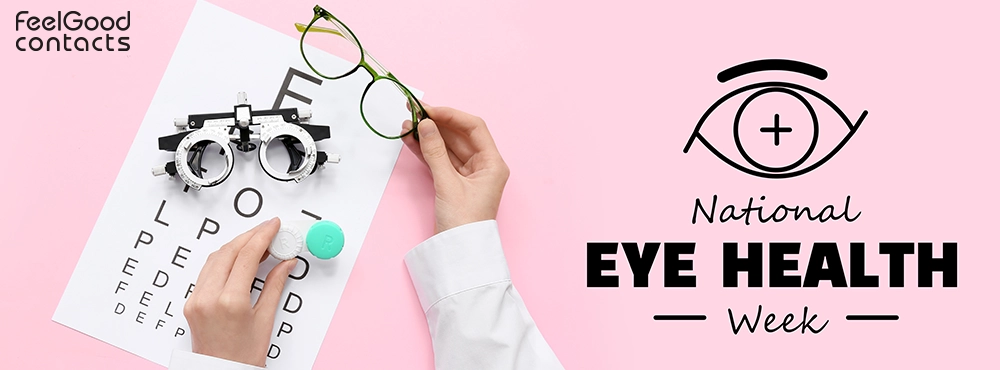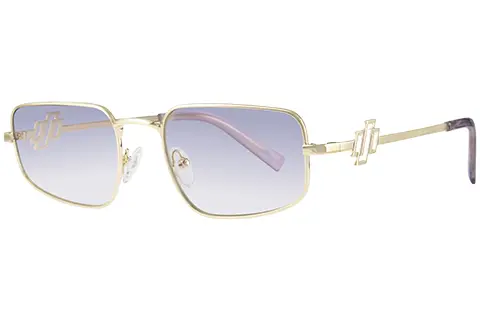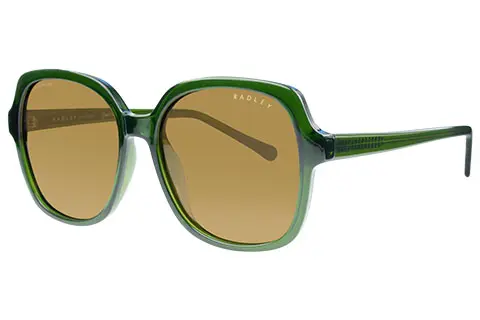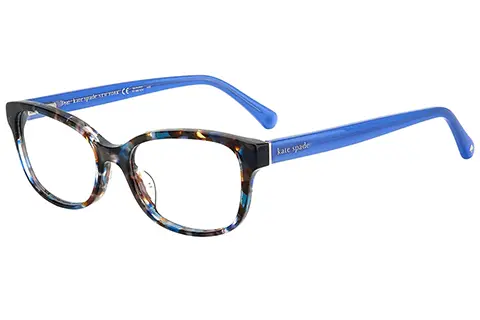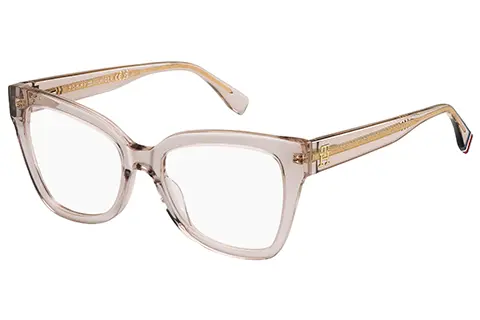National Eye Health Week (23-29 September 2024) is an important event in and around the UK, aiming to make people more aware of the significance of eye health and encourage them to prioritise their vision. Let’s understand more about this week.
Who organises National Eye Health Week?
Eye Health UK, a leading charity responsible for promoting eye health, organises the week-long event. It brings together healthcare professionals, organisations and the public to participate in various campaigns and activities. These activities emphasise the importance of maintaining good eye health and preventing vision loss.
Why is your eye health important?
According to the NHS, more than 2 million people in the UK live with sight loss. Out of these, about 340,000 are registered as blind or partially sighted. Royal National Institute of Blind People (RNIB) has reported about 60% of these cases could have been prevented with proper eye care and timely help.
Eye health not only affects sight but also overall well-being and quality of life. Poor eye health is linked to a higher risk of falls, reduced independence and difficulties in managing other health conditions like diabetes and heart disease that start showing up with age.
Raising awareness during National Eye Health Week can help reduce these statistics and promote a healthier future for all.
How do you celebrate National Eye Health Week?
National Eye Health Week features a range of activities designed to educate the public about eye health and encourage preventative care. The week is packed with events, campaigns and educational programmes such as:
1. Eye screening boot camps: Opticians and healthcare providers offer free or discounted eye exams and screenings to encourage regular check-ups.
Did you know the NHS offers free eye tests? Click here to see if you are eligible.
2. Community outreach: Local events such as workshops, webinars and interactive sessions educate communities about maintaining good eye health through community outreach.
3. Social media campaigns: People across social media use hashtags like #EyeWeek2024 and #VisionMatters to share eye care tips and personal experiences, spreading awareness via social media campaigns.
Are you spending more time scrolling online than usual? In today’s digital age, it's crucial to protect your eyes. Here are five steps to help safeguard your vision:
4. Educational workshops: Health professionals host workshops focusing on specific eye conditions, preventive measures and the importance of detecting early signs of any eye disease.
Preventive measures and eye care tips
Here are some key tips to keep your eyes healthy:
1. Get regular eye tests done: Adults should have their eyes examined every two years, while children and older adults may need more frequent eye tests to catch any health issues early on.
3. Prevent digital eye strain: Take regular breaks from screens and consider using blue light-blocking glasses to reduce eye strain.
Browse from our wide range of blue light glasses online and ensure you are wearing them while working on a screen for prolonged hours or scrolling the feed at low lighting conditions.
4. Practice a balanced diet: A diet rich in nutritious fruits, vegetables, and omega-3 fatty acids is important for maintaining good vision.
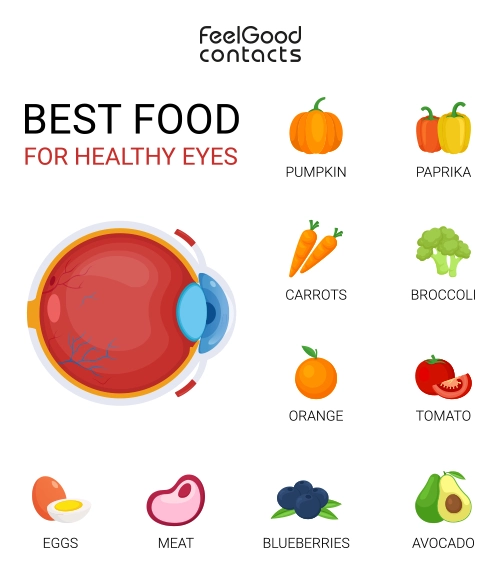
5. Look out for early signs of eye conditions: Be aware of symptoms like blurred vision, eye irritation, light sensitivity or persisting redness. Seek prompt advice from an eye doctor if you notice any of these signs.
Use our interactive Vision Simulator tool to experience the effects of eye conditions like astigmatism, myopia, presbyopia and hyperopia.
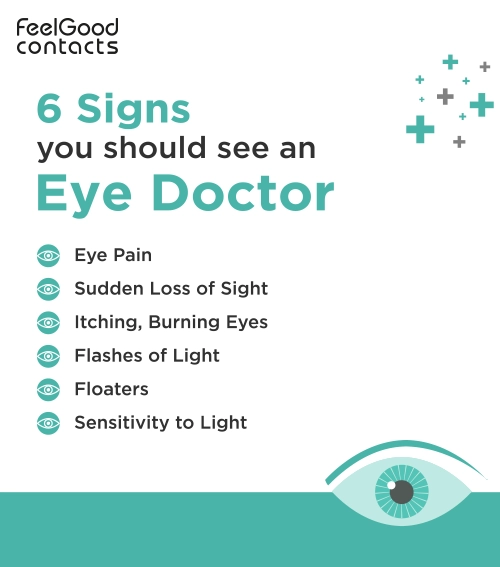
For more insights on eye health and a guide to our offerings, which range from contact lenses to glasses, solutions, and other eye care essentials that maintain your vision, visit our eye care hub.
Disclaimer: The advice in this article is for informational purposes only and does not replace medical care or an in-person check-up. Please check with an eyecare professional before purchasing any products or remedies. For information on our article review process, please refer to our Editorial Policy.

 Offers
Offers Account
Account
 Favorite
Favorite
 Basket
Basket

 OFFERS
OFFERS










